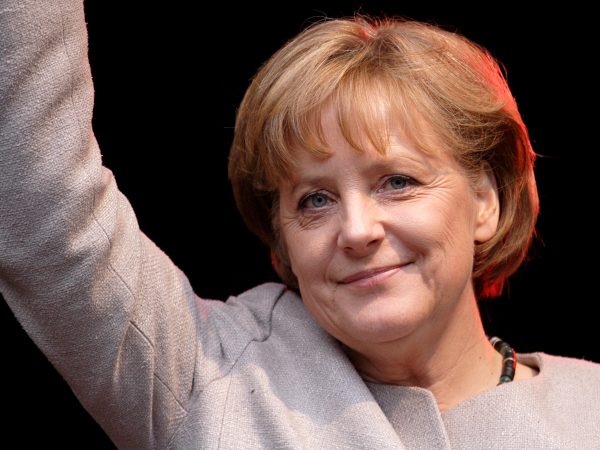German Chancellor Angela Merkel’s personal approval ratings have climbed following last week’s attack on a Berlin Christmas market, according to a poll released on Wednesday.
Support for Merkel’s conservative Christian Democrats (CDU) and their Bavarian-based allies, the Christian Social Union (CSU) rose 2 percentage points over the last week to reach 38 per cent its highest for this year, Berlin-based pollsters Forsa said.
Backing for the CDU-CSU has been sliding over the last year as a result of the clash between Merkel and CSU leader Horst Seehofer over the chancellor’s handling of the refugee crisis.
Forsa chief executive Manfred Guellner said: “As always, when people are stirred up by such terrible acts, the electorate tends to want to avoid experiments and prefers to fall in behind the government in power’’.
As a result, he said “not only has the CDU-CSU gained but Angela Merkel has also won approval’’.
Twelve people died and about 50 were injured last week when a truck driven allegedly by 24-year-old Tunisian, Anis Amri, who investigators believe has ties to radical Islamist groups, ploughed into a busy Christmas market in Berlin.
The Islamic State extremist group claimed responsibility for the Berlin attack, as they have for previous attacks in Europe.
A survey conducted by pollsters YouGov for dpa found that a majority of Germans want to see Germany boosting its role in the fight against Islamic State following the Berlin attack.
While 53 per cent wanted Germany to expand its engagement in the international alliance battling Islamic State, only 30 per cent were against it.
If Germans could directly vote for their chancellor, 52 per cent of voters would back Merkel a rise of two percentage points over the last week.
This places her 39 percentage points ahead of her possible rival and Social Democratic Party (SPD) leader Sigmar Gabriel, who garnered just 13 per cent of the vote.
The SPD, currently the junior member of Merkel’s ruling coalition, is due to announce next month who will head the party’s campaign in September’s general elections.
SPD support dropped 2 per cent to just 20 per cent over the last week, according to the Forsa poll.
Forsa also found that a majority of voters 68 per cent also believed that Merkel’s refugee policy was not responsible for the attack.
Amri entered Germany in July 2015 two months before Merkel’s controversial decision to open the nation’s borders to allow refugees stranded in Hungary to enter.
Twenty-eight per cent of voters do believe Merkel’s refugee policies played a role on the Berlin attack, the poll said.
Not all polls showed the CDU-CSU as picking up support following the Berlin attack.
A survey by Insa published in last Saturday’s daily Bild showed CDU-CSU support dropping 1.5 per cent to 31.5 per cent.
Both the Forsa and Insa polls, however, did show the right-wing populist Alternative for Germany (AfD) as having profited from the attack.
Support for AfD edged up one percentage point over the last week to 12 per cent, according to Forsa.
This confirmed the anti-foreigner AfD as Germany’s third biggest political force with dpa figures also showing a sharp jump in the party’s membership over the last year in the wake of the refugee crisis and a corresponding slump in CDU membership.
The number of CDU members fell 13,000 to 434,019 in November, compared with the same month in 2015.
At the same time, the AfD’s membership grew over the last 12 months by 4,000 to 26,000. (dpa/NAN)

